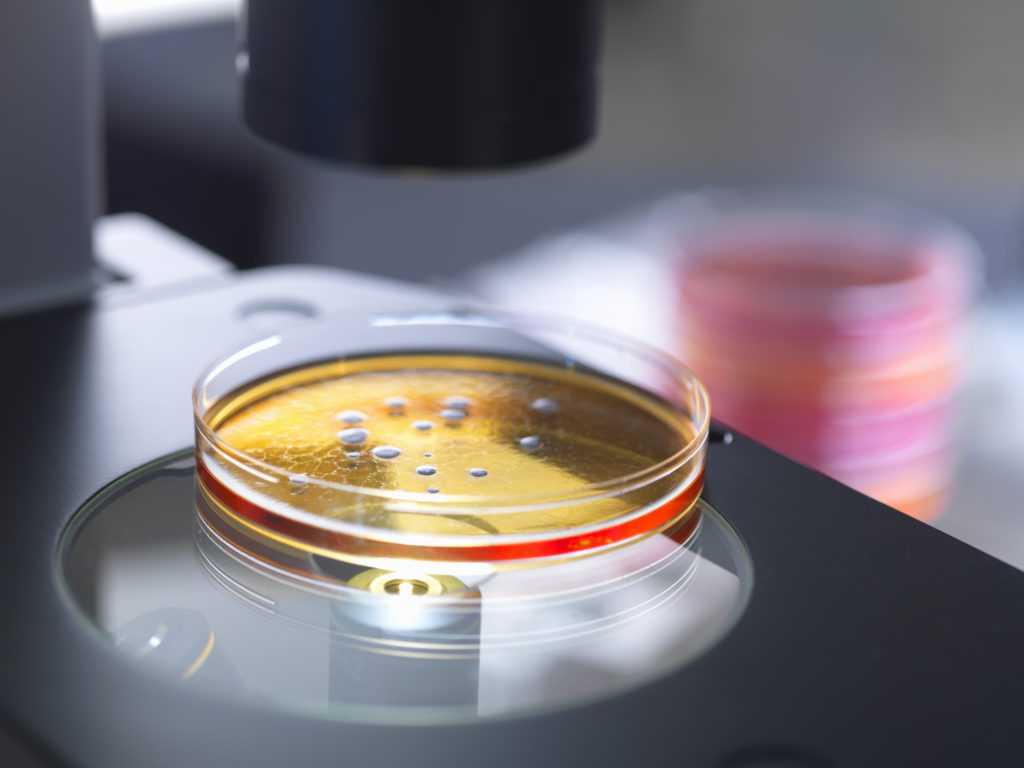COVID-19: Could gut bacteria be engaged?
27 June, 2020

The authors of a recently available paper ask what role gut bacteria might play in COVID-19. They outline strands of existing evidence and conclude a link between your two is plausible, but that extra research is necessary.
Scientists have implicated gut bacteria in several conditions. From type 2 diabetes to depression, researchers own observed relationships between an array of disease states and the organisms that reside in our gastrointestinal tract.
The recent paper outlines previous research that demonstrates links between lung health generally and gut bacteria.
On the surface, a link between the gut and COVID-19 might seem unlikely. Nevertheless, there are many of reasons to suspect such a relationship.
For example, gastrointestinal symptoms certainly are a relatively prevalent feature of COVID-19. In a single study, over fifty percent of those with the condition reported digestive symptoms, including diarrhea and vomiting.
Another link between your brand-new coronavirus and the gut involves ACE-2 receptors. These receptors are SARS-CoV-2’s entry way into cells; they happen to be expressed in a few anatomical sites, like the lungs and the gastrointestinal tract.
Also, researchers possess detected SARS-CoV-2 in the stool of folks with COVID-19.
In the brand new paper, which appears in the journal Virus Research, the authors outline how our microbiome may influence either our risk of developing COVID-19 or the severe nature of the condition. Although there is no direct evidence, the researchers collate various lines of converging evidence.
The gut-lung axis
A link between the lungs and the gut appears somewhat unexpected. On the other hand, as the authors discuss within their paper, this is simply not a fresh idea. The so-referred to as gut-lung axis describes the cross-talk occurring between gut microbiota and the lungs.
This communication travels in both directions: Endotoxins and metabolites that bacteria produce in the gut can travel through the blood vessels and influence the lungs. In the same way, inflammation in the lungs can affect bacteria surviving in the gut.
“This raises [the] interesting possibility that [SARS-CoV-2] may also have an impact on the gut microbiota,” the authors explain. “In fact, several studies possess demonstrated that respiratory infections happen to be associated with a switch in the composition of the gut microbiota.”
They also remember that some studies have demonstrated links between acute respiratory distress syndrome, which occurs in extreme cases of COVID-19, and gut microbiota. Even more to this, they explain that in mice, “removal of selected gut bacteria by antibiotic[s] causes improved susceptibility to influenza virus infection in [the] lungs.”
Gut bacteria and the disease fighting capability
From decades of study, it is becoming increasingly clear that the microbiome is important in the immune system.
As the authors of the new paper make clear, gut bacteria help “tune the immune cells for pro- and anti-inflammatory responses, thereby affecting [their] susceptibility to various diseases.”
They also write: “The composition of balanced gut microbiota may have a significant influence on the potency of lung immunity. Germ-free mice, devoid of their intestinal microbiota, have been shown to possess impaired pathogen clearance capability in the lung.”
Different scientists have revealed that the repeated make use of antibiotics is connected with an increased risk of lung and other cancers, once again shining a light in a potential link between your gut and lungs.
Although scientists have not verified a primary link between SARS-CoV-2 infection and gut bacteria, the analysis authors believe the circumstantial evidence will do to warrant additional investigation.
The role of nutrition
Unsurprisingly, diet plays a substantial role in shaping the composition of bacterial populations in the gut. For example, one analysis demonstrated that those who follow a plant-established Mediterranean diet have completely different populations of gut bacteria weighed against those who consume a meat-established Western diet.
The authors of the brand new paper also mention a report that looked at gut bacteria, soluble fiber, and allergic reactions in the lung area. The scientists discovered that when microbes metabolize fiber, levels of short-chain essential fatty acids in the blood boost. It has a protective impact against allergic inflammation in the lung area.
As the authors of the allergy review conclude, “Our benefits show that dietary fermentable fiber and [short-chain fatty acids] can condition the immunological environment in the lung and influence the severity of allergic inflammation.”
With these findings in mind, the authors of the latest paper write:
“[E]ffective nutritional strategy and certain functional foods aiming at the microbiota for specific population group may be the have of the hour.”
To increase the discussion, found in a study from previous month, scientists analyzed stool samples from 15 individuals with COVID-19. They had taken samples two to three times each week throughout the participants’ stay static in the hospital.
The scientists compared these info with stool samples from 15 healthy individuals and six people with pneumonia but without COVID-19. They discovered that, across all period points, “Patients with COVID-19 got significant alterations in fecal microbiomes weighed against controls.”
However, no studies so far contain resolved the question of trigger and effect; understanding whether gut bacteria impact COVID-19 risk or whether having COVID-19 alters gut bacteria will take more research. Irrespective, the authors conclude that “[s]trategies to alter the intestinal microbiota might lessen disease severity.”
The take-home message
To day, there is absolutely no firm evidence to recommend that SARS-CoV-2 interacts with gut bacteria in a meaningful approach, or that the microbiome influences the severe nature of COVID-19. Even so, taking all the information in the new paper together, it really seems to be a credible theory.
At this level, we are able to only conclude that gut bacteria could play a part in an individual’s susceptibility to COVID-19 or the severity of their symptoms. More research is essential and, with high levels of interest in both microbiome and SARS-CoV-2, that is sure to follow.
Source: www.medicalnewstoday.com
TAG(s):
